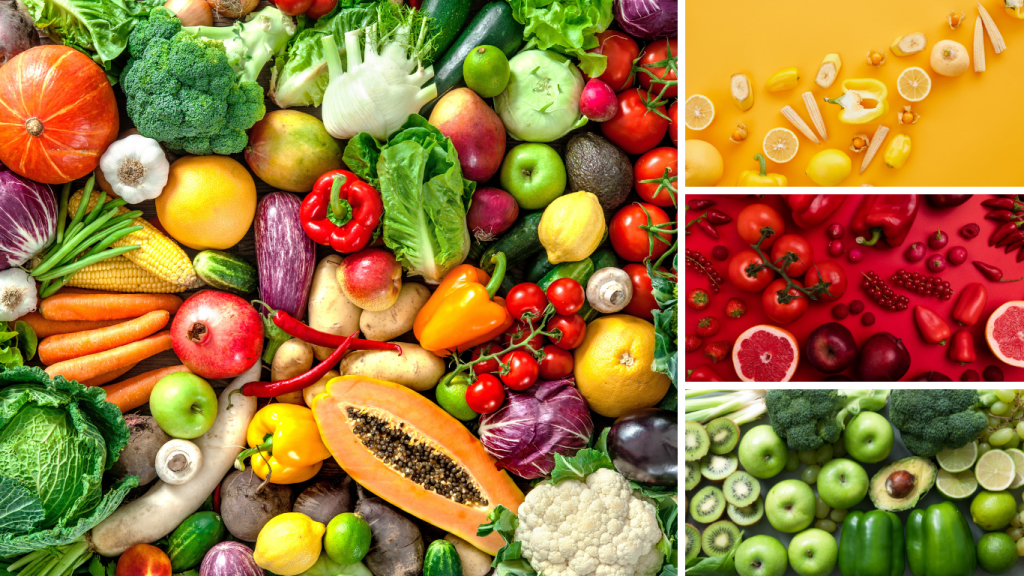
The impact of our dietary choices on the environment is crucial in an age where sustainability is more than a buzzword.
At Ambokili, the mission is not just to farm but to transform the land into self-sustaining ecosystems that enrich both the environment and the communities around them. By transforming barren landscapes into self-sustaining, biodiverse ecosystems, Ambokili Farm sets the stage for a revolutionary way to think about what we eat and how it affects our world. This blog explores the powerful impact of adopting a plant-based diet through Ambokili Farm’s lens—how it can dramatically reduce your carbon footprint while nourishing your body and soul. Join us as we delve into the sustainable practices that make Ambokili a pioneer in ecological and community farming and discover how your food choices can lead to a healthier planet.
Understanding the Carbon Footprint of Our Diet
The term “carbon footprint” refers to the total emissions of CO2 and other greenhouse gases that are a direct result of our actions and lifestyles. In the realm of food production, the carbon footprint encompasses everything from the farm to your fork—the growing, harvesting, processing, packaging, and transporting of food. Studies show that animal-based products, especially red meat and dairy, account for a much higher carbon footprint compared to plant-based foods. This is due to various factors including feed production, methane emissions from livestock, and resource-intensive processing practices.
Does increasing your plant-based diet jeopardise having a balanced diet?
A balanced diet is essential for good health and well-being. It provides the body with the necessary nutrients, such as vitamins, minerals, dietary fibre, protein, and energy. For those embracing a plant-based diet, it is crucial to include a variety of food groups to meet nutritional needs. This includes:
– Proteins: Legumes, nuts, seeds, and tofu are excellent plant-based sources.
– Vitamins and Minerals: Fruits and vegetables, especially leafy greens, berries, and citrus fruits, are rich in essential vitamins and antioxidants.
– Healthy Fats: Avocado, olive oil, and flaxseeds provide necessary fatty acids.
– Carbohydrates: Whole grains like quinoa, barley, and brown rice offer sustained energy and fibre.
By focusing on diversity in plant-based food selections, you can cover the nutritional spectrum that your body requires.
How to Transition to a Plant-Based Diet Sustainably
Transitioning to a plant-based diet doesn’t have to be abrupt or challenging. Here are some tips to make the shift smoothly:
- Start Slowly: Begin by incorporating more plant-based meals into your diet gradually. Meatless Mondays are a popular starting point.
- Find Plant-Based Substitutes: Experiment with plant-based alternatives to your favourite dishes. For example, use lentils or chickpeas as a protein substitute in recipes traditionally made with meat.
- Plan Your Meals: Planning helps in maintaining a balanced diet and reduces the likelihood of nutritional gaps.
- Educate Yourself: Understanding the nutritional content of plant-based foods will help you make informed choices about what to eat.
Benefits of a Plant-Based Diet from Ambokili Farm
Adopting a plant-based diet from Ambokili Farm brings numerous benefits:
– Reduced Environmental Impact: By consuming foods with a lower carbon footprint, you directly contribute to lessening global greenhouse gas emissions.
– Support for Local Agriculture: Buying from local farms like Ambokili supports the local economy and promotes sustainable agricultural practices.
– Health Advantages: Studies have linked plant-based diets with lower risks of heart disease, hypertension, diabetes, and certain types of cancer.
In Summary,
Embracing a plant-based diet is a powerful way to impact the planet positively and improve your health. Ambokili Farm provides not only a model for sustainable agriculture but also the practical means through which individuals can contribute to a healthier planet. We invite you to explore the richness of a plant-based diet and discover the taste and nutritional benefits of eating sustainably. Join us in making a difference—one meal at a time.
If you’re looking to make sustainable dietary changes, start with what you eat and where it comes from.
